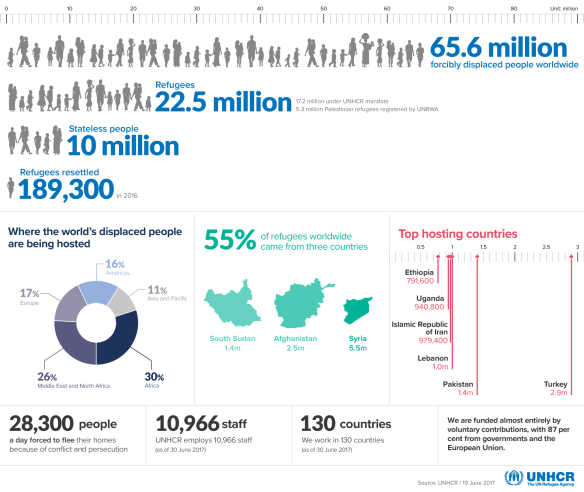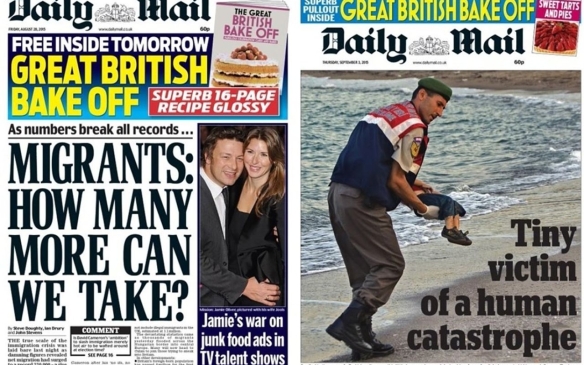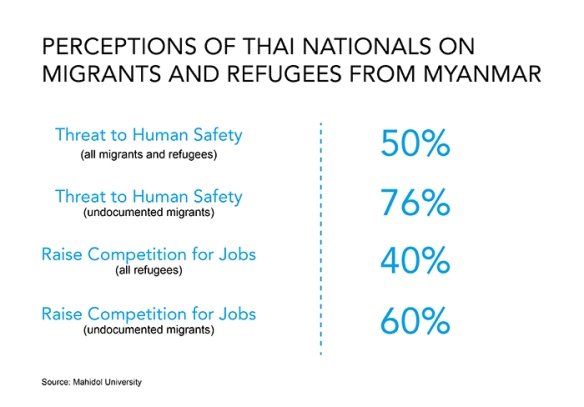Pop culture is defined as “modern popular culture transmitted via mass media and aimed at particular at younger people.” They are a “set of practices, beliefs, and objects that are dominant or ubiquitous in a society at a given point in time.”
Celebrities are key elements of pop culture. The way they dress, walk, talk… down to the perfumes they use can influence the mass. Possessing this kind of power can be influential, positively and negatively, and the way celebrities use this power is up to them. While their fans can influence them, they influence their fans on relatively higher levels. The trends that they establish becomes culture over time. For example, The Beatles represent the 70’s, a time of hippies, psychedelics, and Woodstock. The hip hop era, also known as the “golden era” was filled with diversity and influence. Hip hop groups like Wu Tang Clan and The Tribe Called Quest left their legacies during the 90s. So who represented the 21st century?
The 21st century is filled with more diversity and more genres of music. When I think about popular celebrities during our time I think of Jay-Z, Beyonce, Rihanna, Coldplay, Lil Wayne, Skrillex, and last but not least, Kanye West. And I want to address the latter.
Kanye West has had a past full of controversial topics that my friends debate about at parties and during Thanksgiving dinners. Over the years, amid of all the backlash, Kanye has freely spoke his mind, here are a couple of examples:
- Criticized President George W. Bush for not “caring about black people”
- Claimed Bill Cosby’s innocence with lack of facts backing his innocence
- Slut-shamed ex-girlfriend Amber Rose
- Interrupted Taylor Swift during her acceptance of a reward at the 2009 MTV Video Music Awards
- And posed with Universal Music Group executive Lucian Grainge and YouTube’s head of music, Lyor Cohen with a signed “Make America Great Again” hat with President Donald Trump’s personal signature; he then continued to praise Trump and his newly signed hat on his Twitter account.
As soon as he tweeted the picture, Twitter was blowing up. I saw pictures and opinions of it all over Facebook, Twitter, Instagram, any social media that is out there. His wife, Kim Kardashian West retaliated and said that “…Kanye is years ahead of his time.” Celebrities like John Legend personally contacted Kanye insisting that he would “reconsider aligning yourself with Trump. You’re way too powerful and influential to endorse who he is and what he stands for. As you know, what you say really means something to your fans. They are loyal to you and respect your opinion. So many people who love you feel so betrayed right now because they know the harm that Trump’s policies cause, especially to people of color. Don’t let this be part of your legacy. You’re the greatest artist of our generation.” While it was a considerate text, Kanye claims that “bringing up my fans or my legacy is a tactic based on fear used to manipulate my free thought.” The conversation between the two were not very productive.
Many fans, including myself, have reconsidered my alliance with Mr. West. I admit, he makes great music that I enjoy listening to. I have listened to him since I was kid, but our political views do not align and that is okay. But what is not okay is the fact that the person he supports is known as a misogynist, racist, sexist, narcissistic human being that a history of dehumanizing and slandering people of color, the disabled and women. So when Mr. West supports that kind of person, then what kind of person is he? I do not know the answer myself because there is a conflict of interest here. Do I not support him, and still listen to his music? Sacrifice my support and the music I listen to? How can I support an artist that supports a human I despise? And if someone is friends with someone that I did not like, do I have a right to tell that person and expect them not to like them too? All these questions are running through my mind now, and in this political climate, it is even harder to answer. Is this the culture we are forced to live in?
— P.S.



